OpenAI CEO Sam Altman speaks during a talk session with SoftBank Group CEO Masayoshi Son at an event titled “Transforming Business through AI” in Tokyo, Japan, on February 03, 2025. Tomohiro Ohsumi/Getty Images
 By Edward Graham,
By Edward Graham,
Managing Editor, Nextgov/FCW
|
Veterans and transitioning servicemembers can register for the plan if they are within 12 months of their retirement or separation from active duty.
OpenAI announced on Monday that it is launching a new initiative to provide some transitioning servicemembers with 12 months of free access to its subscription-based chatbot.
The program, unveiled the day before Veterans Day, will enable U.S. soldiers returning to civilian life to receive one year of ChatGPT Plus “if they’re within 12 months of retirement or separation,” the company said. The plan typically costs $20 per month.
Katrina Mulligan, OpenAI for Government’s head of national security partnerships, told reporters during a Friday press call that the plan was guided by the experiences of the company’s veteran employees and would provide transitioning and retired servicemembers with access to the chatbot’s latest models.
“They’ll get over 100 example chats that were written by OpenAI veterans based on real transition tasks,” Mulligan said. “They’ll get a custom ‘Getting Started’ video that was built specifically for servicemembers and veterans by another member of our team who is also actually an Army veteran. And they’ll also get onboarding through the OpenAI Academy. We’re partnering with ShareID to verify eligibility, so we can deliver this directly to those who served.”
Some of the services that veterans and transitioning servicemembers can access through the plan include resume writing and job interview assistance, benefits and paperwork support, and education and housing resources.
OpenAI’s offering is not affiliated with either the Department of Veterans Affairs or Department of Defense, so transitioning servicemembers who wish to participate will have to register for the service.
Former NSA director and Ret. Gen. Paul Nakasone — who joined OpenAI’s board of directors last year — also said on Friday’s press call that his recent return to civilian life demonstrated the importance of layering tech-centric resources on top of VA’s Transition Assistance Program. Approximately 200,000 servicemembers complete the TAP process each year.
“In a world today where artificial intelligence really is the driving factor of how we do our economies, it’s so important that our veterans have this ability to leverage the ideas and the insights that our platform can provide every single week,” Nakasone said.
Research has found that transitioning servicemembers can struggle to return to civilian life. In particular, one Government Accountability Office study noted that the “the suicide rate within the first year of separation was about 2.5 times higher than for the active duty population.”
OpenAI is facing multiple lawsuits alleging that ChatGPT encouraged some users to take their own lives. The company published a blog post on Oct. 27, saying, in part, that it “recently updated ChatGPT’s default model to better recognize and support people in moments of distress.”
When asked by Nextgov/FCW during Friday’s call about the steps being taken to support the mental health of transitioning servicemembers who will use the free service, an OpenAI spokesperson noted the company’s effort to improve how its chatbot responds to users in crisis.
“We train ChatGPT to recognize and respond to signs of mental or emotional distress, and to de-escalate conversations and to guide people toward real-world support,” the spokesperson added. “We also — in instances where the model knows it’s interacting with a servicemember or veteran — we make sure that that support that the model is directing [them] to includes real-world, veteran-specific resources, and we’ve done quite a bit of testing on this as well.”
VA has been using some AI tools to enhance its own suicide prevention efforts, although officials have stressed that these capabilities are only meant for training purposes and to support clinician-led interventions, and do not engage at all with veterans.
